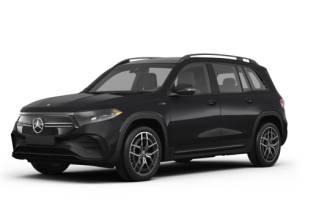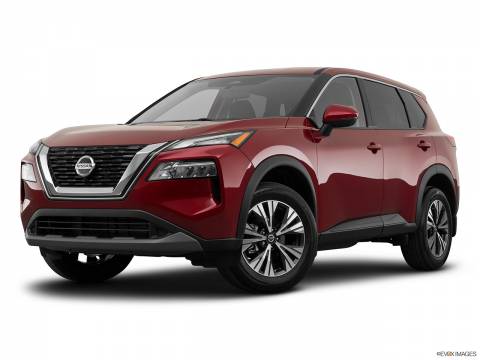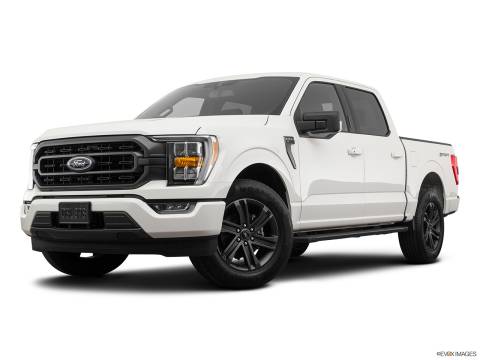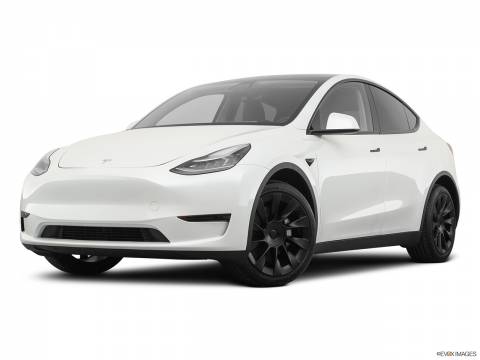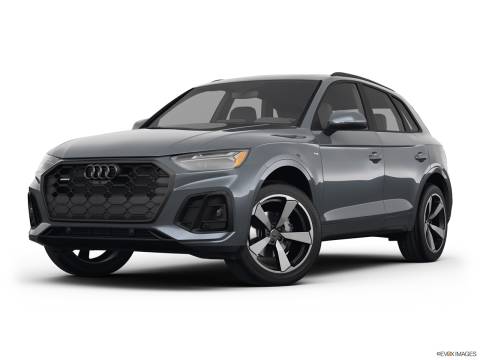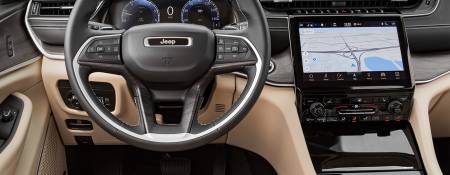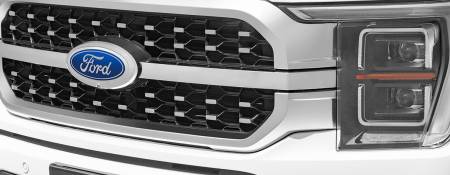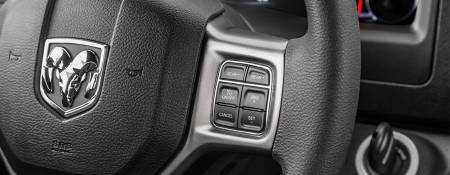And I'm talking about costs. So, I guess that if you are reading this is because you want to check some math before making any decision. And that is what we do at LeaseCosts: we do a lot of math and give you the tools to move around all the results and come up with decisions. I'll be comparing price and making some assumptions, but mainly I'll be presenting the comparison based on an actual cost relationship.
Risk is The Variable
Yes, risk means variable chances that something happens. Something wrong in this case. I've always said that risk weights a lot. Risk can result in small things and also on big things, but the fact is that new cars are less likely to have problems than used ones.
I don't want to jump into any discussion regarding the actual differences of new cars now, I've talked about it a lot in many other articles. If you want to learn more about it, I strongly suggest you take a look at my posts New vs. Used Cars: 5 Things to Consider & Used Cars: Things to Know Before Buying.
But general opinion relies on the fact that a new car is better than a used one BUT a new car is more expensive than a used one.
Do you completely agree? I do, partially, only with the first part of the sentence 100% of the times, but the second part is for sure way more arbitrary. Let's talk about it.
New Cars vs. Used Cars Interest Rate
When you finance or lease a car, a bank takes care of paying it in full to the dealer. Then you sign a contract for returning the loan with an interest rate on top of it.
New Cars financing is either by the manufacturer (usually the Manufacturer Bank) or your bank. As it is designed to hold dozens of thousands of loans at the same time, banks can offer a way better (lower) interest rate due to the massive amount of offers and the actual intention of the manufacturers to sell the new vehicles fast. In many cases, interest rates go from 0% to 2.9%, depending on the time of the loan.
Used Cars are usually financed by smaller entities, with a lower volume and even more risky contracts. This means that unless you go to your bank, or with a different kind of loan entity, it will be hard that the interest rate of a used car is lower than 4.99%
So I will rely on this for the following analysis:
Let's do the Math
OK, now is when things get interesting, so the best way to do this is by starting with the used one and I will just name a random vehicle as "USED CAR" listed at 16,000CAD.
Monthly Payment
First, I will assume that for both vehicles, there will be no downpayment and the payment term will be 5 years. It is the only way to make this two rates come to a comparable point.
- Downpayment: 0 CAD
- Used Car Interest Rate: 4.99%
- Listing Price: 16,000 CAD
- Payment Term: 5 years (60 months)
- Sales Tax (Québec in this Case): 14.95%
If we use an equalized payment calculator, we will come up with a monthly payment of $347.00 for the 60 months.
Now, on the new car lease, these are the main differences on the math:
- New Car Interest Rate: Variable
- Listing Price: Variable
So, the best way to come up with a comparison is looking for what can you get for 347.00CAD/month during 60 months.
So, keeping it simple and just going straight to the prices we can get using the Car Leasing Calculator, we can come up with the following list of SUVs on a range between 335 to 350 CAD/month tax. inc. :
- 2017 Mitsubishi RVR
- 2018 Mazda CX-3 Automatic
- 2017 Chevrolet Trax Automatic
- 2018 Ford Escape Automatic
- 2017 FIAT 500X POP Automatic
- 2018 Jeep Compass Automatic
- 2018 Chevrolet Equinox
- 2018 Toyota RAV4 Automatic
- 2018 Jeep Renegade Automatic
- 2017 Nissan Qashqai CVT
Please note that I do not include on the list the ones that are under 335CAD/month lease for 60 months.
Wait, Wait...
I understand this is a very complicated discussion and I don't want to make this a long article, but there are some points I want to clarify:
- I'm assuming you value more transportation needs over luxury: Maybe base models don't work for you or you are picky. That is OK, the math isn't perfect, but this analysis will help you better understand the options you have. At least having all those base models will give you a starting comparison point.
- The lower the risk, the better for me: I hate going to the mechanic, even for an oil change or changing my tires. I just hate it and even more when it is a mechanical problem on the vehicle. New cars are the responsibility of the manufacturer; used cars are usually yours.
- There are used cars that are an excellent opportunity: I'm not trying to be absolute here. That is why I mentioned in the title of the article that "Leasing an X price vehicle is the same as buying..." regarding costs. There are multiple other factors related to the actual decision you will make at the end.
We do the Math, You Decide
Yes, that is what we've been doing for a couple of years now, and that is why LeaseCosts is the monthly reference of dozens of thousands of Canadians who are busy enough for not having to do all this every month with all price fluctuations. Offers come and go, but the fact is that the flatter you can compare the alternatives, the better for your decision-making purposes.





